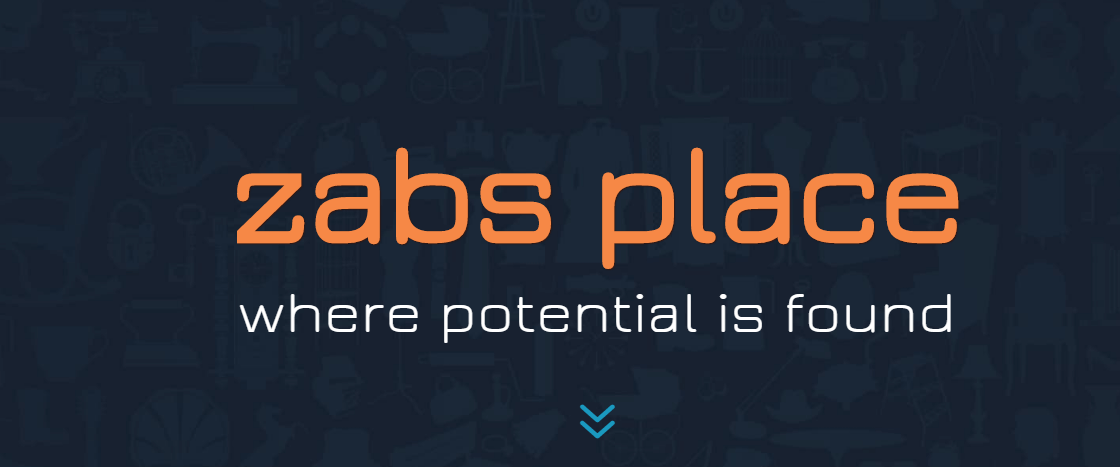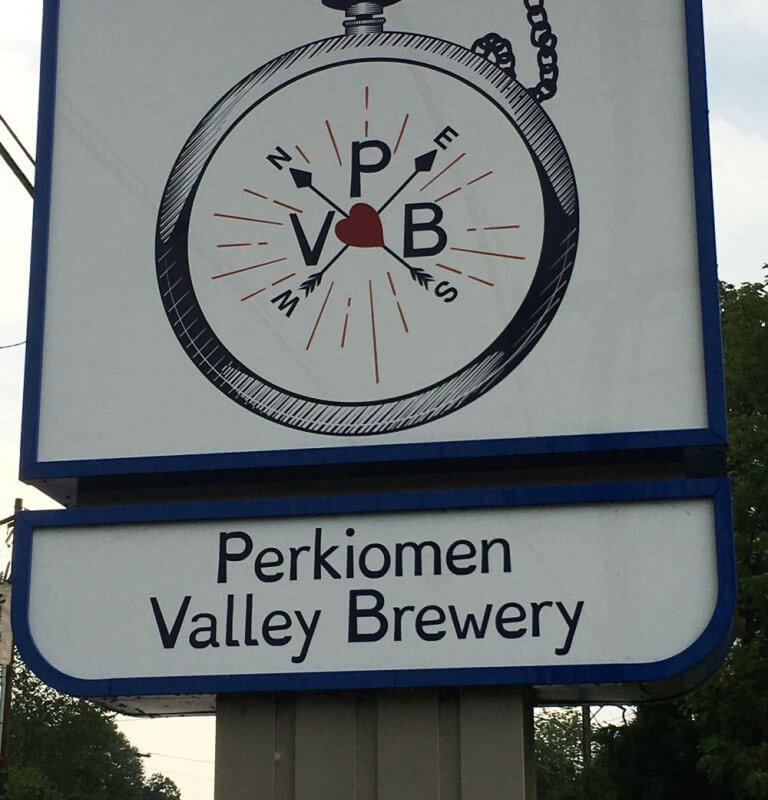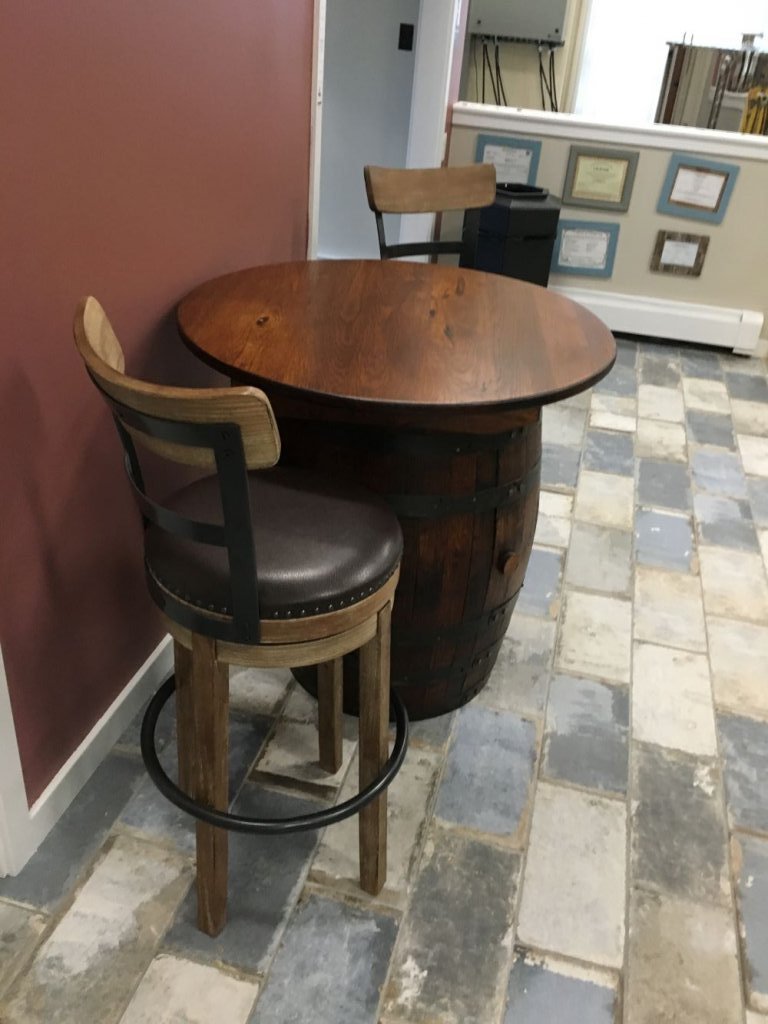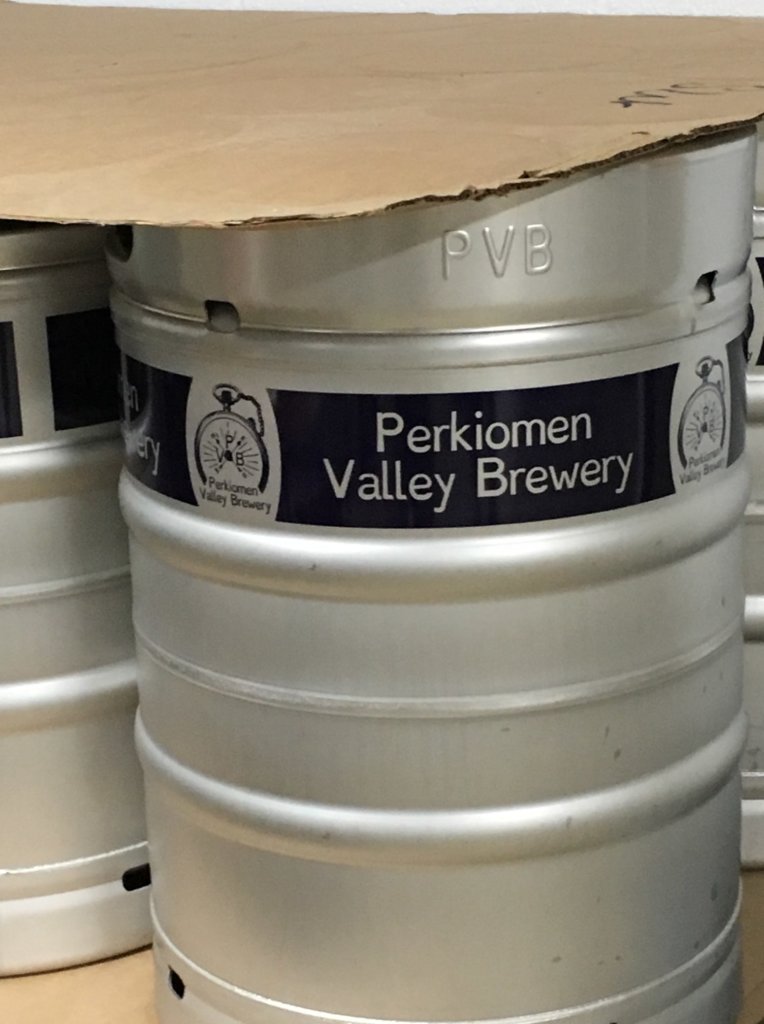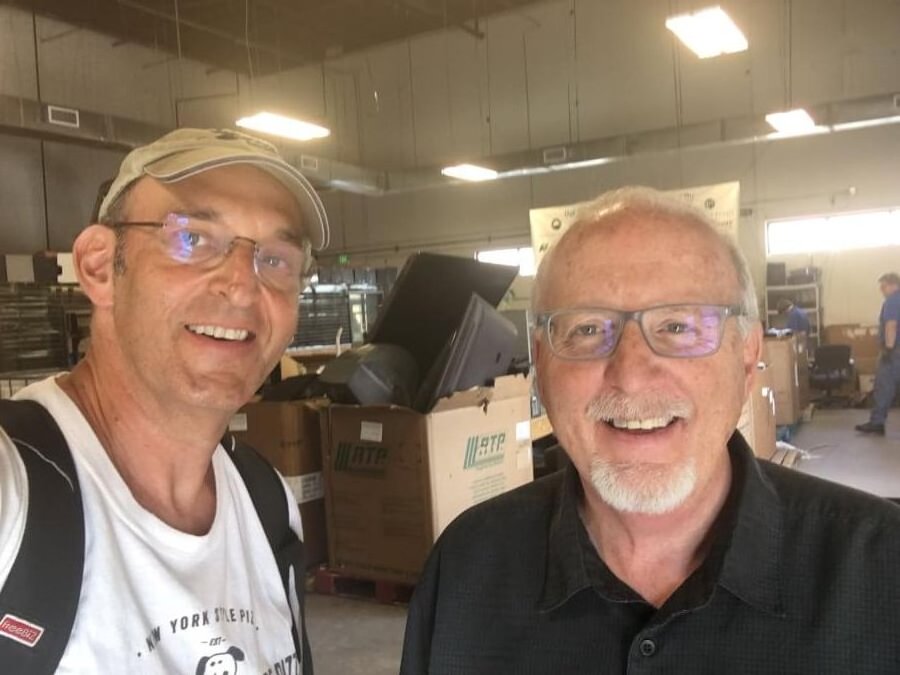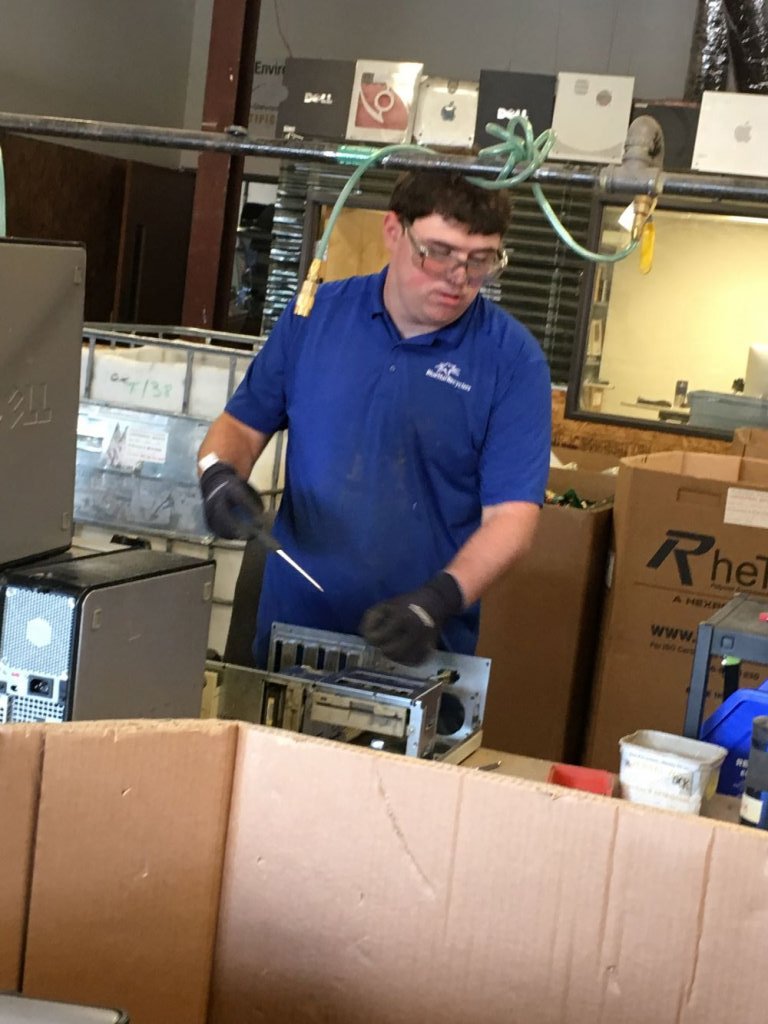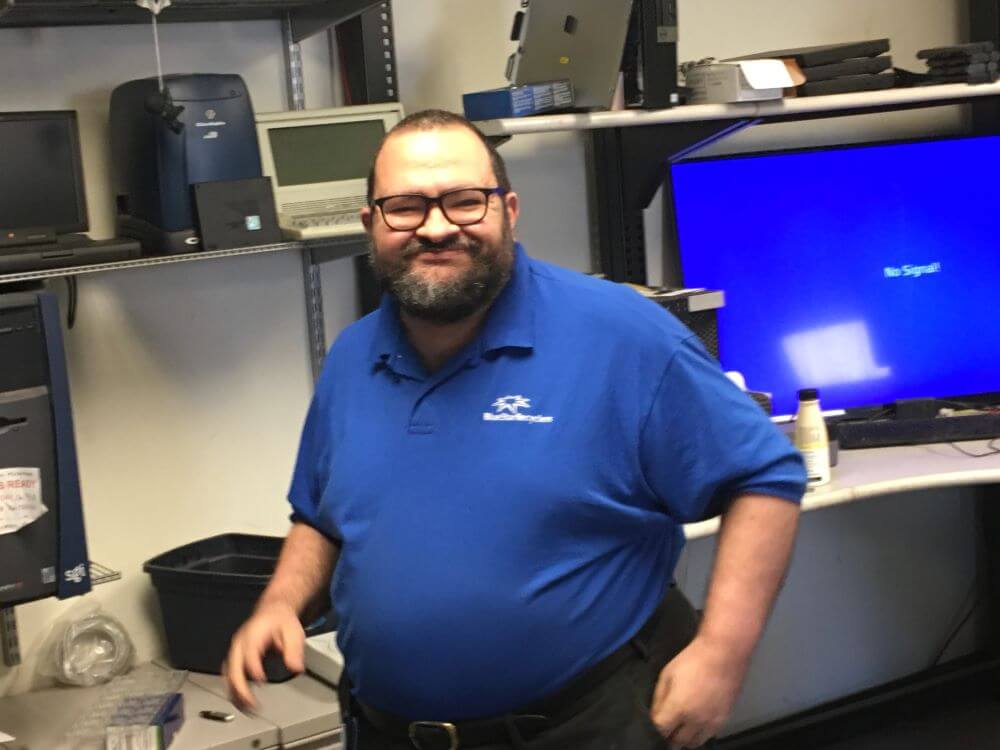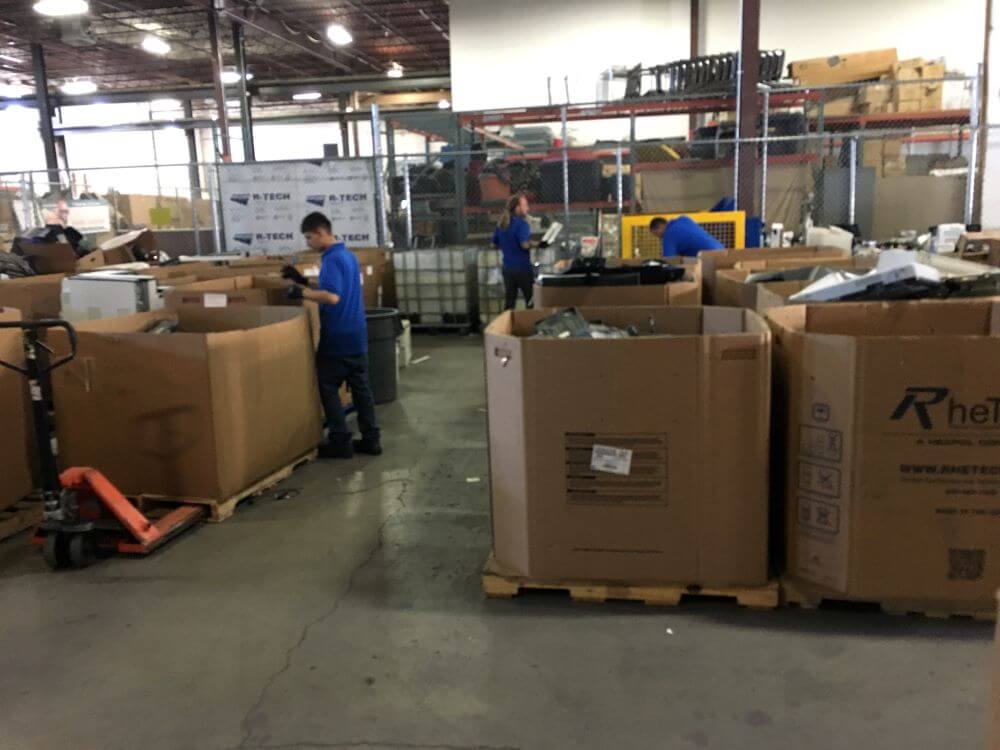Original Article Published On The Jerusalem Post
The 32-year-old catcher played for Team Israel during its run through World Baseball Classic qualifiers and tournament in 2017
Ryan Lavarnway is one of the lucky ones – if you consider switching jobs every few months on average “lucky” – though he doesn’t take his success for granted.
The 32-year-old catcher, who played for Team Israel during its stellar run through the World Baseball Classic qualifiers and tournament in 2017, has bounced around Major League Baseball, but mostly in the minors – with 10 teams in 10 years. Still, Lavarnway represents the roughly 10 percent of minor league baseball players who ever see action in the majors.
The California-born Colorado resident has been blessed with memorable moments with several major league teams, and has faced often unexpected, last-minute call-ups and cross-country moves – including three in the past month alone.
“It has been crazy!” exclaimed Lavarnway to The Jerusalem Post during a phone interview from his hotel room in Louisville, Kentucky following a Sunday game in which he went 1-for-3 for the AAA Louisville Bats in a 12-0 loss to the Toledo Mud Hens.
“One day you are in Triple-A in Scranton, Pennsylvania [for the New York Yankees]. The next day, you are in the big leagues.”
In July, Lavarnway was released by the Yankees and immediately signed with the Cincinnati Reds, where he hit two home runs and had six RBIs in his Reds’ debut on July 19, becoming the first Reds catcher to tally three hits, two homers, and six RBI in a game since the legendary Johnny Bench did it in 1973. He went 5-for-18 in five games with the team before being sent down to Cincinnati’s AAA affiliate in Louisville.
Given Lavarnway’s chaotic past month and the 140-game minor league baseball schedule, it is impressive that he was able to commit to a day and time to speak with a reporter. He was upbeat, friendly and forthcoming in recounting his exciting and fulfilling baseball journey so far.
He vividly recalled career highlights, including his first two-homer game with the Boston Red Sox, and a similarly exhilarating walk-off homer with the Pittsburgh Pirates. Lavarnway also spoke fondly about his great run with Team Israel, and his amazing trip Israel.
Lavarnway was born in Burbank, California, grew up in Woodland Hills, California, and has mainly been a catcher – with stints in the outfield and first base – since his little league days. He attended Yale University in Connecticut for three years, where he juggled his academic studies with a very successful baseball experience.
Lavarnway earned Ivy Player and Rookie of the Week honors in March 2006 as a right fielder before switching to catcher full-time. In 2007, he led the NCAA in batting average (.467) and slugging percentage (.873), set the Yale single-season record in batting average, slugging percentage, home runs (14), hits (70), doubles (17), RBIs (55), and total bases (131). He also had an Ivy-League-record 25-game hitting streak and won the G.H. Walker, Jr. Award as Most Valuable Player.
In his junior year in 2008, Lavarnway led the Ivy League in home runs (13), RBIs (42), walks (29), slugging percentage (.824), and on-base percentage (.541), while batting .398. He missed the last 11 games of the year after breaking a bone in his left wrist while diving into home plate in April. He finished his three-year college career with a .384 batting average, 33 home runs, and 122 RBIs in 120 games, and he became the Ivy League’s all-time leader in career home runs.
Lavarnway left Yale 11 credits short of graduation as he was drafted in the sixth round of the 2008 MLB Draft by the Boston Red Sox. He played at every level of the minors within the Red Sox organization –from the Class A South Atlantic League Greenville Drive, to the Class A+ Carolina League Salem Red Sox, to the Class AA Eastern League Portland Sea Dogs. He racked up many honors, including 2010 Red Sox co-Minor League Offensive Player of the Year. Lavarnway spent the 2011 season between the AA Portland Sea Dogs and the AAA Pawtucket Red Sox.
Lavarnway got his first big break on August 18, 2011 when he was called up to the Red Sox; fellow Jewish player, Kevin Youkilis, went on what was then called the disabled list (now known as the “injured list”). He got his first major league hit the next day, and started for the Red Sox on September 27. Lavarnway still proudly remembers this game as he hit his first two major league home runs and had four RBIs in an 8–7 victory over the Baltimore Orioles.
Lavarnway returned to the minors and again saw action with the Red Sox on August 1, 2012, when he was called up from the Triple-A Pawtucket Red Sox. Lavarnway and fellow Yalie, fellow Jew (and in 2017, Team Israel battery mate), Craig Breslow, were Boston Red Sox teammates during part of the 2012 season. Lavarnway returned to Pawtucket where he was named best power prospect in the International League as well as the 2012 International League All Star starting catcher.
Lavarnway continued to be part of the Red Sox organization through 2014. In June, he had surgery to remove the hamate bone from his left wrist. He was designated for assignment in November, and his dizzying “see-the-country” baseball career continued as he was claimed off waivers in the winter, first by the Los Angeles Dodgers, then by the Chicago Cubs, and was signed by the Baltimore Orioles – his fourth team in 18 days. He played 10 games with the Orioles early in the 2015 season, then chose to become a free agent over accepting a minor league position in the Orioles’ organization.
He signed a minor-league contract with the Atlanta Braves in May 2015 and had 49 plate appearances for AAA Gwinnett before being called up to the majors. He was released by the Braves in May 2016. Lavarnway signed a minor-league contract with the Oakland Athletics, started the season with the Triple-A Nashville Sounds, and was called up to Oakland in July. He played in one game – covering for a catcher on paternity leave – and then returned to the minors before being called up again by the A’s on July 27. He was designated for assignment in August and chose to become a free agent at the end of the season.
Lavarnway continued to find major league clubs interested in him. In January 2018, Lavarnway signed a minor league contract with the Pittsburgh Pirates, where he had a decent 77 games for Triple-A Indianapolis before being called up to Pittsburgh on September 4. He had four hits in six at bats.
In November, Lavarnway again became a free agent – and was again picked up by another club. The New York Yankees signed him to a minor-league contract for the 2019 season, where he played with AAA Scranton, before being released July 18, and rushing off to Cincinnati. The next day, he hit two home runs for his new team.
Lavarnway continues to enjoy the excitement of playing baseball – and the potential to be called up for that dream moment.
“I am with my 10th organization since 2014,” he said. “I go where the job is, I don’t think about it. Every time I am called up – that’s what makes it worth it. Hopefully, I will help get a team to the World Series – it is an opportunity I don’t take for granted.”
Lavarnway feels his experience over so many years in different organizations and at different levels has made him a “quick-learn” on the job.
“It helps that I’ve been around a while and have so much experience catching different types of pitchers. I can catch guys I’ve never seen before, and I can build trust with new pitchers.”
As Lavarnway looks back on the 11 years since leaving Yale, he is proud of his professional and personal accomplishments.
He reported that he and his wife of six years, Colorado native Jamie Neistat Lavarnway, have gotten used to the “ups and downs.” She has had jobs in each town, has written a food blog in the past [“The Fork and Knife of a Baseball Wife”on cookinginredsocks.com] and has most recently done volunteer work in animal rescue in Nashville.
“It is hard to find something portable,” notes Lavarnway, indicating that Jamie has done an amazing job coordinating their personal travel and professional moves and “could be an excellent travel secretary” for a baseball team.
Ryan and Jamie love to travel and try new restaurants.
“We are trying to cross off the top 50 restaurants in the world,” reports Lavarnway. They recently visited the well-known Israeli restaurant in Paris, L’As du Fallafel (“it was so good!”). Next up on the Lavarnway’s off-season travel agenda is Thailand.
“In each city, [Jamie] finds the best restaurants for us to explore.” Lavarnway truly appreciates how fortunate he is to have a job with a long off-season. “We have a great life-where else can you have four months to travel?!”
The Lavarnways’ travels have also taken them to Israel, though that trip, with other members of Team Israel, was different from the others—Ryan recalls it as being “life changing.”
The blue-and-white’s impressive run in the World Baseball Classic and the team’s trip to Israel, was chronicled in the recent film, “Heading Home.” Lavarnway – who served as Team Israel’s starting catcher, went 8-for-18 (.565) with two doubles, a home run, and six RBIs, while walking five times – loved the movie.
“They did an amazing job, and it’s cool that a moment that was so important in my life is on video so I can relive it.”
Lavarnway can barely contain his excitement when speaking about the trip to Israel. While he always thought of himself as Jewish (his mother is Jewish and his father is not) and connected to the religion in his youth, he proudly stated that “the Team Israel experience and going to Israel helped me find my Jewish identify and reaffirm my own Jewishness.”
Lavarnway never got to participate on a Birthright Israel trip as he was busy playing baseball each summer. He refers to the Team Israel trip as “our baseball Birthright.” He especially enjoyed “seeing Israel, feeling the love, and seeing the people,” and liked learning about Jewish and Israeli history.
The Lavarnways continue to be connected Jewishly and are members of Temple Emanuel in Denver.
Lavarnway still feels very connected to Team Israel and to Israel Baseball.
“Our goal is for Israel Baseball to continue to grow. We didn’t want to just be a one-time WBC highlight. We wanted to grow the game internationally and domestically. Our whole goal was to get homegrown Israeli baseball players to keep playing at the highest level.”
While Lavarnway is willing to consider future involvement with the team as it works to qualify for the 2020 Olympics, he notes that he “hope[s] to be on a big league team in September – that is when the qualifiers are. But if I’m not, I’m totally willing to participate.”
Lavarnway loves baseball and hasn’t given much thought to life beyond. As he playfully commented, “Plan B distracts from Plan A.” While completing college is not itself a Plan B, he is taking steps in that direction. Lavarnway said that Yale has recently begun offering credit for online courses. Despite his busy 2019 baseball season, he recently completed two courses – Movie Physics and The Genius Course. “I just submitted my final paper for two Yale credits – I am now two credits closer to graduation,” though he still has seven more classes to complete to earn his degree.
For now, Lavarnway will focus on the rest of the baseball season – and dream of the call-up which may bring him back to the majors for a pennant race and another twist in his whirlwind tale.
